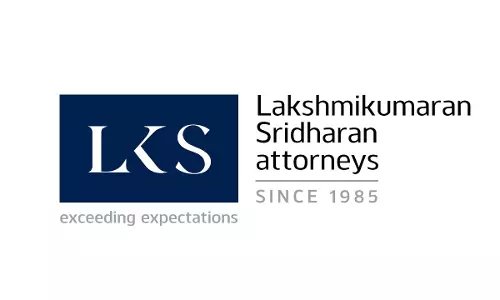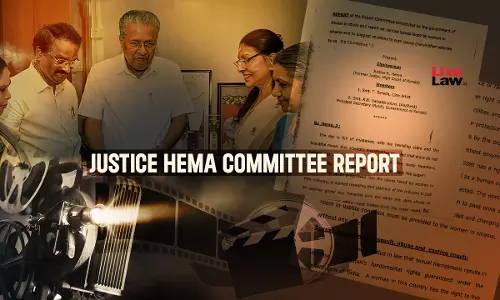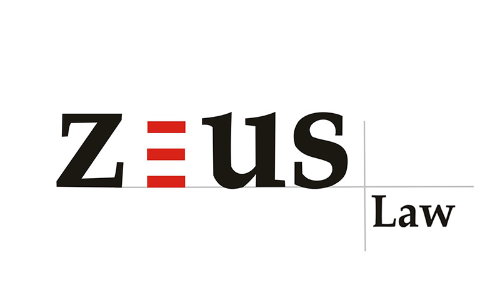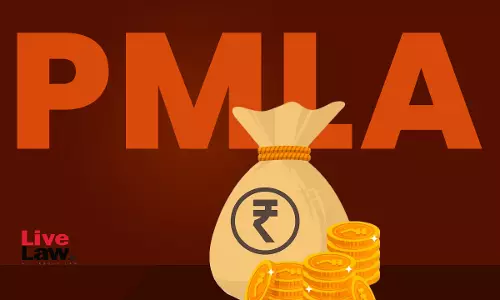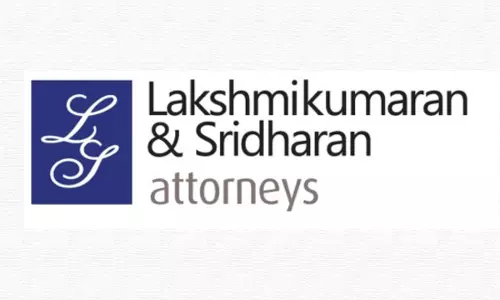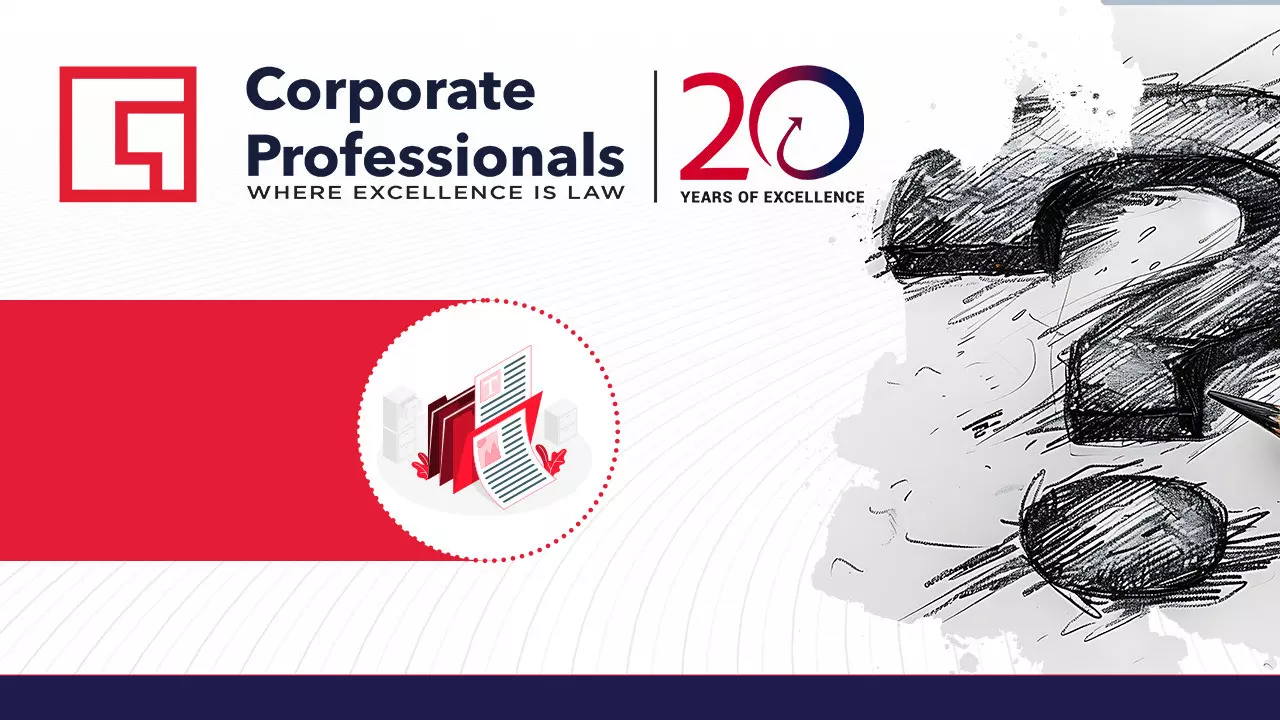Law Firm Articles
Interim Relief By Arbitral Tribunal – Still An Unresolved Mystery?
While litigation in India is a long-drawn and cumbersome process, the Arbitration and Conciliation Act, 1996 was enacted to provide speedy resolution of disputes and deviate from the rigours of the strict procedures. More often than not, the disputes referred to arbitration, are disputes between parties sharing a contractual relationship under works contracts, supply contracts, or any other contract where time is of the essence.If a party to such contracts fails to comply with its contractual...
Ticket To Nowhere: A Brief View On The Rising Issue Of Ticket Scalping In India
In recent years, the live music scene in India has witnessed an unprecedented surge in popularity, attracting international artists and generating mania among fans. However, this has also given rise to a troubling phenomenon i.e., ticket scalping, which is particularly highlighted by the recent frenzy surrounding high-profile concerts such as those of Coldplay and Diljit Dosanjh. As fans eagerly anticipated watching their live performance, the aftermath revealed a troubling trend of ticket...
SEBI's Yellow Card: 'Warning Letters'
In India, the Securities and Exchange Board of India (“SEBI”) serves a dual role of being a watchdog as well as a guide in the arena of the securities market. To foster market discipline, SEBI has increasingly resorted to issuing warning letters, an ostensibly soft enforcement tool, which may or may not be followed by a show cause notice. In a way, think of SEBI as a referee in a football match: when SEBI issues a warning letter, it seems akin to the referee pulling out a yellow card—not a...
Analysis Of POSH In The Backdrop Of Hema Committee Report
The Justice Hema Committee (“Committee”) Report was unveiled on 19 August, 2024 by the Kerala Government after several lawsuits that were filed with the Kerala High Court (“High Court”) against its public release. The report was finally issued in a redacted form on account of confidentiality, revealing severe workplace sexual harassment within the Malayalam film industry (“Malayalam Industry”). It is rooted in the 2017 rape case of an actress, who was abducted and sexually assaulted in a...
FTL, Buffer Zone And G.O.111 Area Demolitions By HYDRAA – Legal Perspective
In the past few months, Hyderabad has witnessed a whirlwind of demolitions of illegal constructions encroaching the Full Tank Level (“FTL”) lands, buffer zones and lands covered under the Government Order 111 issued by the Municipal Administration and Urban Development (“MA&UD”) Department of Government of Andhra Pradesh on March 8, 1996 (“G.O. 111 Lands”) owing to the actions of Hyderabad Disaster Response and Assets Protection Agency (“HYDRAA”). HYDRAA, was formed on July 19, 2024[1]...
Bankruptcy:Corporate Obituaries Can Be An Economic Fillip
In an era where sustenance and longevity are sought-after virtues, the remote consideration of a corporate losing life is considered a taboo. The pursuit of enabling start-ups, providing loss-making entities to wind-up, and paving a structured exit for investors, pushed India to operationalize its Insolvency & Bankruptcy Code (2016). It was anticipated to be a transformative legal framework. But, eight years later, well, the glass is half-full. An optimist would focus on the...
Correlation Between Capital Contribution And Profit Sharing Ratio In An LLP
A Limited Liability Partnership (“LLP”) is a body corporate formed and incorporated under the Limited Liability Partnership Act, 2008, (“LLP Act”) and functions as a distinct legal entity, separate from its partners. This separation means that the LLP can own assets, enter into contracts, and be held liable independently of its partners, providing a layer of protection to the personal assets of the partners. An LLP has perpetual succession i.e. it continues to exist regardless of changes in its...
Hidden Hatchery: The Birth Of Unpublished Price Sensitive Information
In the kingdom of the securities market, information reigns supreme. It is capable of shaping perceptions, driving market movements, and influencing the pricing of securities. Information is the lifeblood of the securities market - its protection, timely and accurate dissemination is vital for the market's integrity. The dynamic realm of economic activity continuously gives rise to information regarding the health and endeavours of companies and businesses. Amongst this vast galaxy of...
The Legal Battle Over EIA Amendments: TNPCB's Response And The Way Forward
The Kerala High Court's ruling in One Earth One Life v. Ministry of Environment, Forests and Climate Change & Anr. brought significant uncertainty to the regulatory landscape surrounding the Environment Impact Assessment Notification No. S.O. 1533(E) dated September 14, 2006 (“2006 EIA Notification”), especially for the construction and building projects related to industrial sheds, schools, colleges, and hostels for educational institutions, which have availed the benefit of exemption...
The Right To Bail Under Prevention Of Money Laundering Act: Balancing Justice And Liberty?
In recent times, India's criminal law jurisprudence has witnessed an increasing emphasis on enacting stringent laws with an aim to curb economic offences, particularly the menace of money laundering. The Prevention of Money Laundering Act (PMLA)[1] exists as an important legislative instrument in this regard. However, the applicability of PMLA, especially its inflexible provisions related to grant of bail, has given rise to debates and deliberations, concerning the balance between ensuring...
Approver Under Benami Law: To Be, Or Not To Be?
The process of obtaining evidence from persons involved in crime by granting them immunity is well known in criminal law both in India and abroad. In complex cases, the investigators may find it difficult to secure conviction due to difficulty in unearthing complete details and gathering quality evidence. In such cases, the prosecution often resorts to offering immunity to persons accused of relatively lesser involvement in the crime in exchange of them becoming prosecution witness/approver to...
Term Sheet: The Whys And Wherefores Answered
In the world of business and finance, when commercially sophisticated parties are on the cusp of a deal, a crucial document often comes into play: the Term Sheet. A Term Sheet is much like a tapestry woven with the threads of mutual commitment and aspirations, outlining the contours of collaborations - heralding the dawn of a prosperous alliance. In a way, it can be regarded as the blueprint of a transactional journey inscribing the shared vision of the parties. Term Sheet aids the process of...



